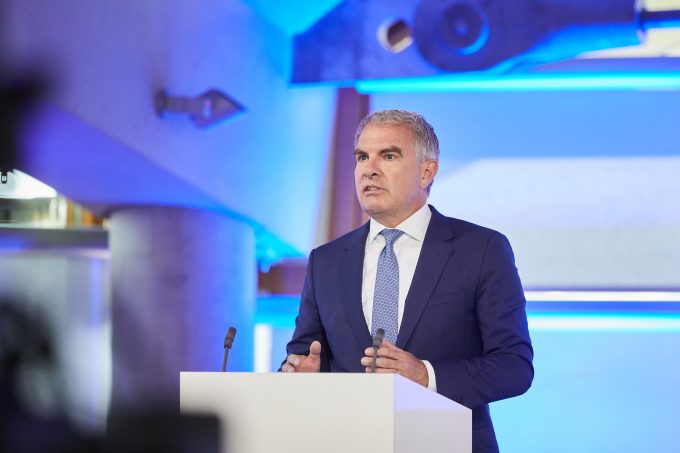Lufthansa and AF-KLM blame weak Q1 cargo business for poor results
Both Lufthansa Group and AF-KLM Group specifically blamed cargo for glum overall Q1 performances, with ...

Lufthansa has revealed some “bitter decisions” it must make on its future, as the airline has receded some 65 years, in terms of flight plans, in less than 65 days.
“Our company has gone back in time, to where it started in 1955 – a decade after the Second World War and following a 10-year ban on flights,” chief executive Carsten Spohr told shareholders this morning at a virtual AGM.
“That is extremely bitter, devastating and painful.”
The group is currently losing about ...
Maersk Air Cargo sees volumes fall as it aims for 'margin in favour of revenue'
Keep our news independent, by supporting The Loadstar
Container spot rates diverge: to Europe still falling, but firmer to the US
Hapag-Lloyd won't take bookings if port congestion leaves cargo stranded
Ecommerce likely the front-runner in resurge of transpacific trade after deal
Airfreight players eye new routes as demand on the transpacific nosedives
China-US trade tariff pause could drive a rebound for transpacific rates
Service chaos from trade ban with India a problem for Pakistan shippers
Airfreight rates ex-China 'loss-making', but hopes of a trade deal stay high
Indian coastal freight attracts major carriers, but regional tension disrupts
Serious threat to jobs in US logistics as tariffs cause economic 'stagflation'
Volume surge and an early peak season? 'Don't celebrate too soon,' warning
APMM floats along on 'solid' Q1 profitability in Ocean, well prepared for choppy water
White House u-turns see freighters flying but keep logistics players on their toes
Carriers impose 'emergency operation' surcharges on Pakistan cargo
MSC in terminal switch as Nhava Sheva gets strong start to new fiscal year

Comment on this article